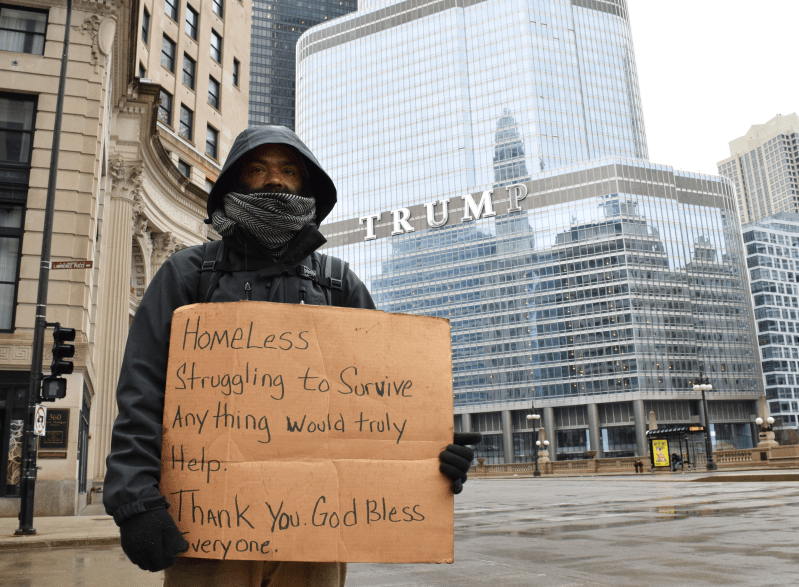ProPublica reporter and author Alec MacGillis said that regional inequality is a fight with no true winners during a talk about his latest book, “Fulfillment: Winning and Losing in One-Click America.”
According to MacGillis, regional inequality is not something that only negatively affects those in economically disadvantaged areas — it also hurts “winner” cities that experience economic prosperity. In these cities, “you end up with a kind of hyper-prosperity and all of the things that come along with that,” such as increased housing costs, homelessness, displacement and a loss of character, he said.
“We’ve ended up with a situation where everything’s out of whack,” MacGillis said at Tuesday’s event hosted by the McCoy Family Center for Ethics in Society. “And it’s not good for people at either end of the spectrum.”
MacGillis said that his work as a reporter largely influenced his decision to write a book about regional inequality in the United States. He recalled “seeing towns and cities that were struggling so badly,” then returning to Washington D.C. where he worked at The Washington Post and was “struck by the extraordinary prosperity and complacency and disconnect on display there.”
While MacGillis does not mention the Bay Area in his book, he said that it is representative of much of what the book talks about due to the concentration of big tech companies that heavily impact the surrounding community.
According to MacGillis, a form of toxicity has been introduced to cities such as Seattle due to hyper-prosperity caused by economic growth specifically from Amazon facilities. He read a passage from his book about a documentary showing the true conditions for many people living in Seattle — despite the economic growth and prosperity, problems of homelessness and poverty still exist.
“This story is about a seething, simmering anger that is now boiling over into outrage. It is about people who have felt compassion, yes, but who no longer feel safe, no longer feel like they’re heard, no longer feel protected,” he read. “This story is about a beautiful jewel that has been violated.”
He went on to read, “Seattle is dying.”
While he acknowledged that there are many contributors to regional equality, MacGillis said that the book focuses on the impact of Amazon because of its national presence and importance.
“It’s metaphorically very useful for what we’re becoming as a country because it’s everywhere,” he said. “And it’s everywhere in different ways.”
Amazon both causes regional inequality and benefits from it, according to MacGillis. He said that an immense number of jobs, specifically manufacturing jobs, were lost after China joined the World Trade Organization in 2001, which created a level of desperation on the part of local officials to create jobs in any way that they could.
According to him, this desperation allowed Amazon to “come in and essentially negotiate its own terms for this extraordinary proliferation of warehouses” in the United States. However, rather than helping communities, MacGillis said that Amazon warehouses further degraded local tax bases and left communities in worse shape than they started off.
MacGillis said that activists Katie Wilson and Taylor Sappington are two of many who have fought against regional inequality, providing “hope and vitality” in their efforts to achieve equality and sustainability in the United States.
To address regional inequality, MacGillis said that people need to acknowledge its existence and think beyond their own experiences.
“Be more aware of these regional inequalities and how they’re hurting the place where you live if you’re in a winner place, but also what it must be like to be in the other places,” he said. “To be more in-tuned to what it’s actually like … to be in one of these left behind places where there’s just this incredible sadness and feeling of loss.”
